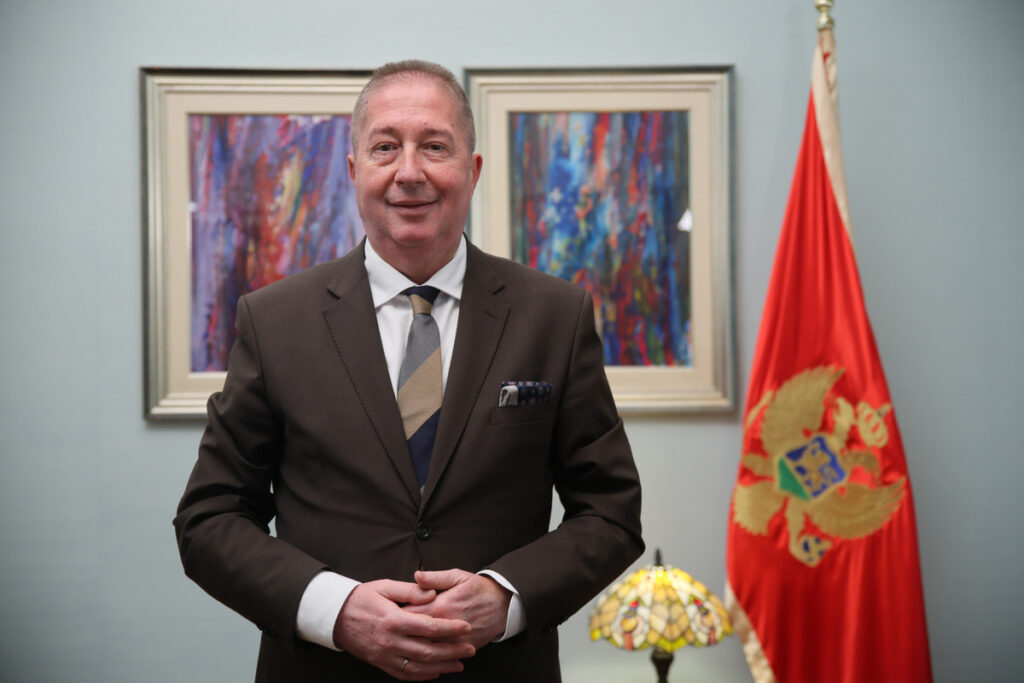Nebojša Đoković, Ambassador of Montenegro to Serbia, is one of the participants in the Ambassadors’ Panel at the Euronews Adria Summit taking place on November 12 at the Palace of Serbia. We spoke with him about the key topics discussed at the panel

How do you view the situation in the region in light of the latest geopolitical developments — the growing tensions in U.S.–Russia and EU–Russia relations? How can our region avoid becoming collateral damage in this “game of great powers”?
The entire world, not just our region, is facing a very complex situation. The escalation of crises — whether in Ukraine, the Middle East, or certain parts of Asia — raises deep concerns and anxiety about the future of humanity. The Western Balkans have long been in the focus of European and global attention, but now the region’s future is also tied to broader geopolitical challenges that will largely determine relations across Europe. I believe it is of crucial importance to maintain dialogue and diplomatic efforts aimed at overcoming the crisis in Ukraine.
The geopolitical developments we are witnessing today, especially in the relations between the EU and Russia, and between the U.S. and Russia, inevitably affect our region as well. Our countries are not isolated from global trends — on the contrary, historically, we have often been a space where the interests of great powers intersect.
We are witnessing that international relations are increasingly losing their multilateral character — cooperation is shifting toward bilateral and trilateral formats, and an approach based on shared values is often replaced by one based on individual interests. This creates additional challenges for smaller states striving to maintain stability and predictability in such an environment.

Montenegro’s path remains firmly focused on the EU, as we believe is the case for all the countries of our region. That would pave the way for strengthening our economies, and consequently our security, in these turbulent times when the architecture of international relations is changing.
Our regional cooperation must move upward, and Montenegro’s position is that all conflicts should be resolved peacefully, in accordance with UN principles and international law. That is the only safeguard against the great upheavals we are witnessing today.
What are the most important topics in the bilateral relations between your country and Serbia?
The priorities in Montenegro–Serbia cooperation lie in the areas of the economy and the continued strengthening of both bilateral and multilateral ties. A key project is the Bar–Boljare highway, as well as the reconstruction of railway infrastructure. Equally important is the expansion of border crossings, and we hope to see even greater trade exchange in the coming period.
I would also highlight the significant potential for economic cooperation between our two countries in the context of the upcoming EXPO 2027 exhibition. Strong bilateral cooperation has a positive impact on the entire region, while our shared European path opens opportunities in practically all areas.
I also hope for closer cooperation in culture, education, and science, and that the numerous draft agreements currently under discussion will be finalized in the coming year.